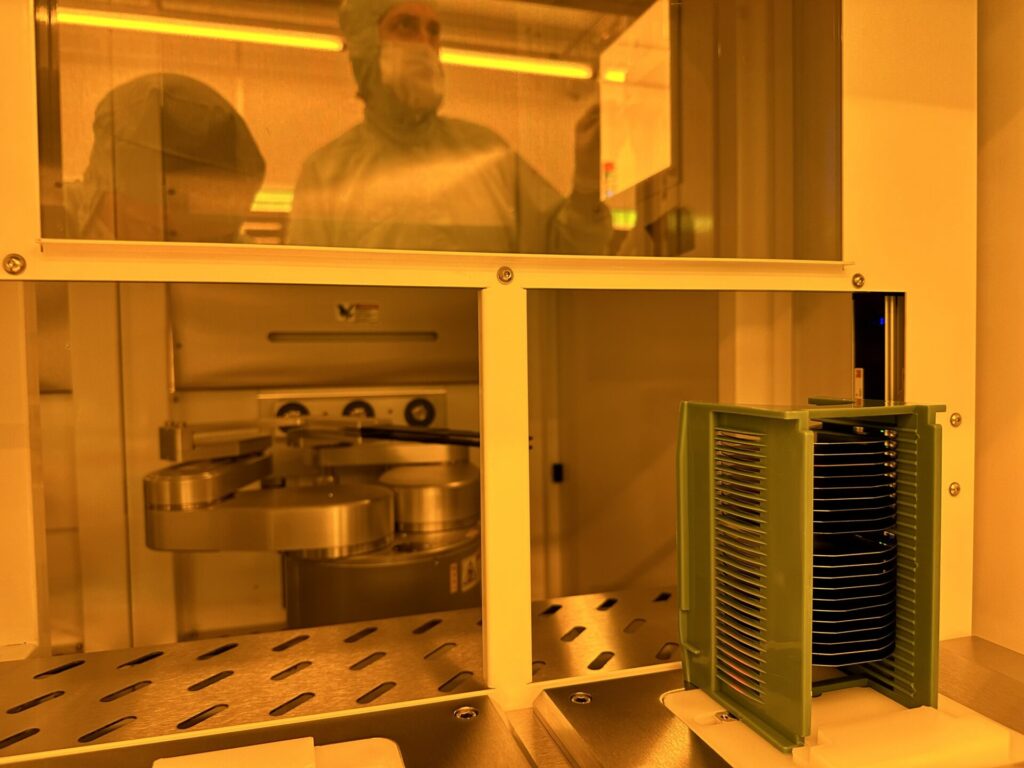Leaders from a consortium of Europe's major "photonic" computer chip companies have urged the European Union to provide financial support of 4.25 billion euros ($4.54 billion) to bolster the burgeoning industry, enabling it to effectively compete with counterparts in Asia and the United States.

Photonic semiconductors utilize light rather than electrons for calculations, offering advantages in speed and power efficiency, rendering them increasingly valuable for applications in data centers and automotive technology, among others.
During a summit in Eindhoven, the group presented EU officials with an eight-year plan aimed at bolstering and nurturing European supply chains, alongside ensuring smaller enterprises have access to manufacturing facilities for conducting trial runs.
Johan Veenstra, CEO of SMART Photonics, emphasized the vulnerability of the vibrant and growing integrated photonics industry in the EU due to the lack of volume manufacturing, testing, and packaging capacity. This vulnerability is heightened by the impact of global events and the policies of competitor countries.
While the EU has previously recognized photonics as a strategic technology and identified it as a potential area for funding under the 43 billion euro Chips Act, the actual allocation of resources to photonics remains unclear.
SMART, known as a contract manufacturer of photonic chips, secured $110 million in funding in July, comprising Dutch government funding and debt financing from chipmaker NXP, as well as equipment manufacturers ASML and VDL Groep, in order to expand its operations.
Currently, the majority of photonics chips, similar to most chips, are manufactured in Asia, with significant intellectual property residing in the U.S.
The joint statement by industry leaders highlighted the low levels of European manufacturing and excessive reliance on Asia for manufacturing and packaging, citing this trend as a threat to the EU's economic security and resilience.
Several prominent companies and organizations, including Germany's XFAB and Aixtron, the Netherlands' SMART Photonics and Phix Photonics Assembly, VLC Photonics of Spain, France's Almae, Switzerland's Ligentec, and PhotonDelta, a public-private partnership in the Netherlands devoted to funding photonics, were signatories to the statement.







